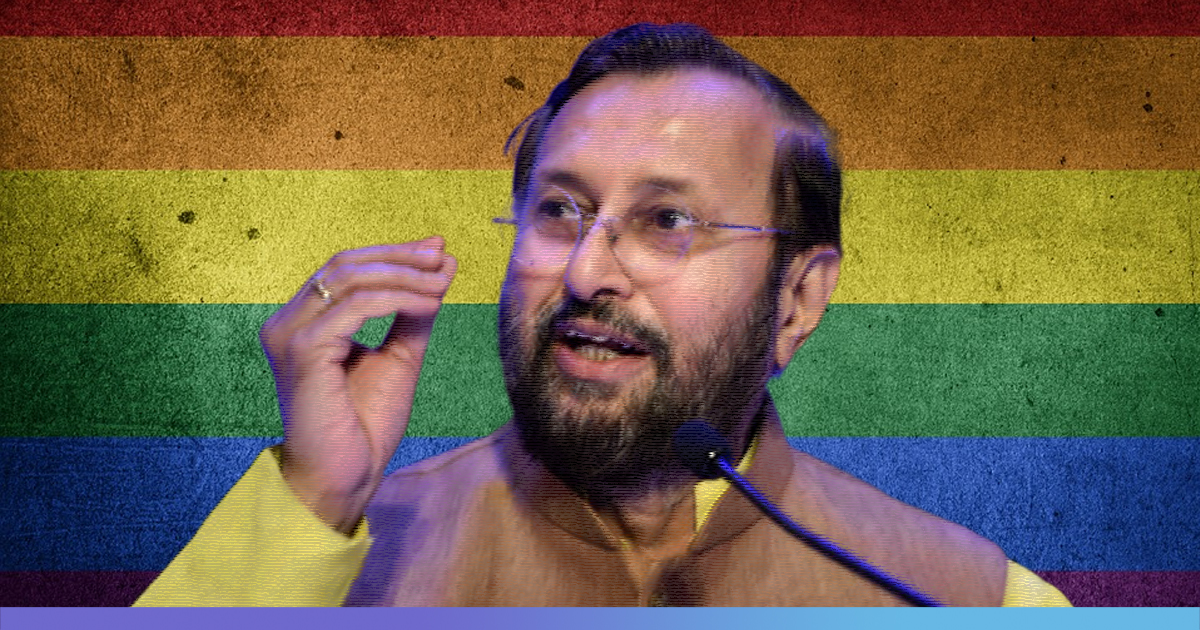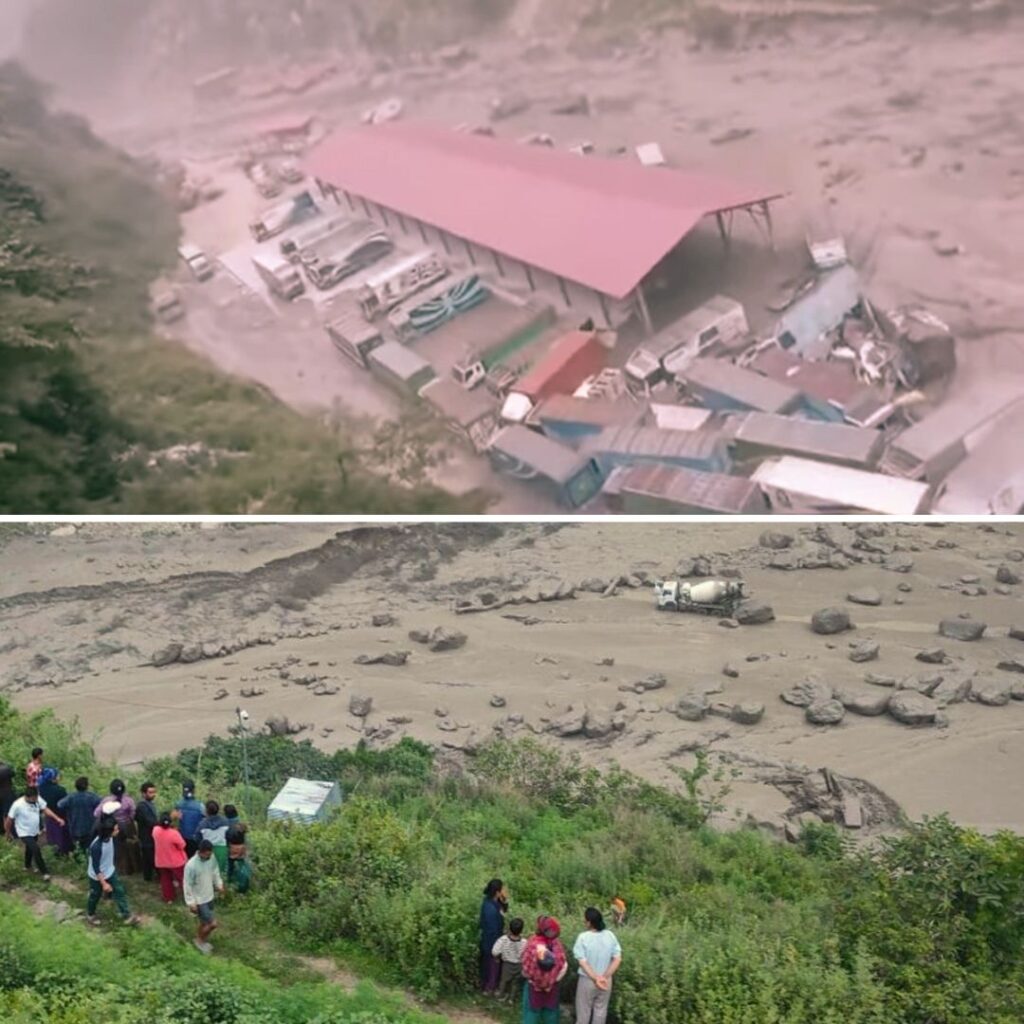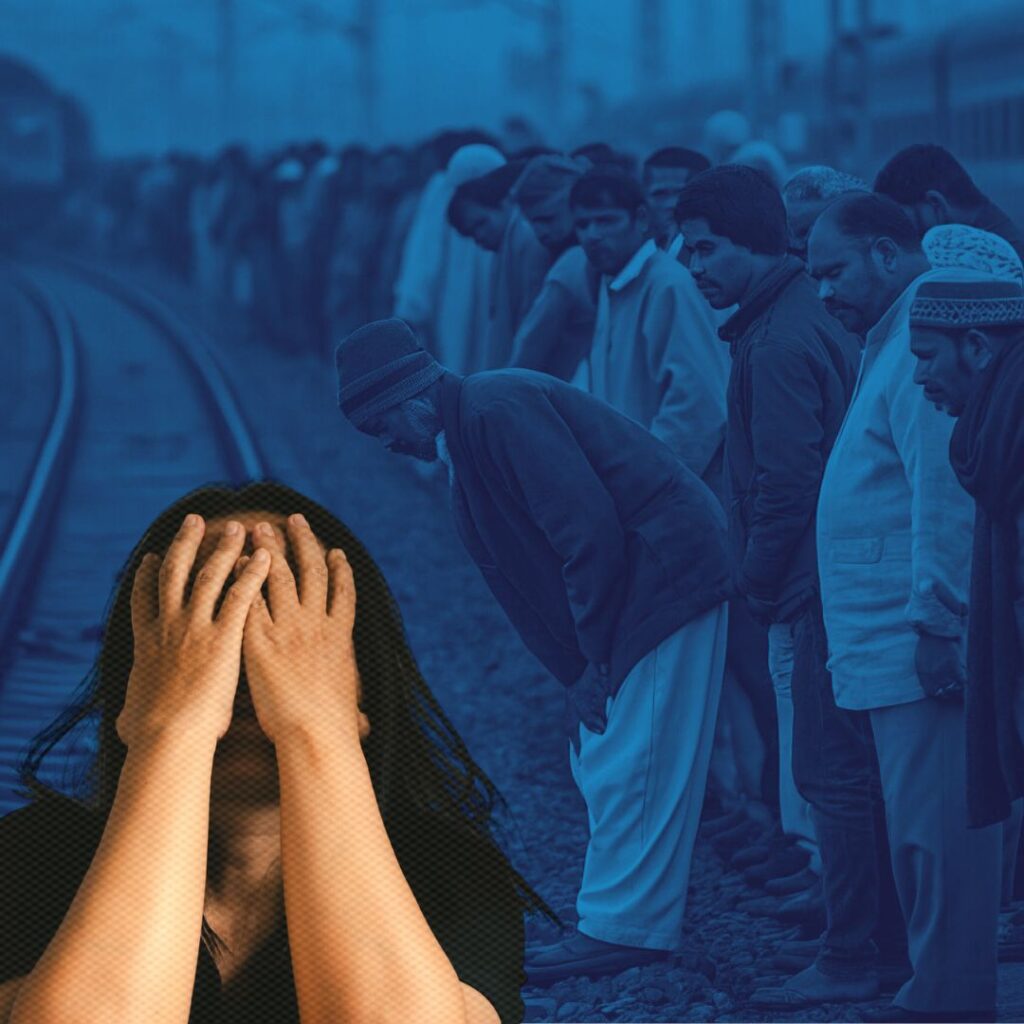On July 10, the Union Cabinet approved The Transgender Persons (Protection Of Rights) Bill, 2019. The bill will be tabled in the upcoming session of the Parliament.
Details Of The Bill
As per the bill, offences like forcing a transgender person to beg, deny their access to public places, physical, verbal or sexual abuse etc. would lead to up to two years imprisonment and a hefty penalty.
“The Union Cabinet approved the proposal to introduce the Transgender Persons (Protection of Rights) Bill, 2019. The Bill provides a mechanism for their social, economic and educational empowerment,” the government statement said.
The bill is listed as one of the priorities of the Social Justice and Empowerment Ministry in the 100 days agenda of the BJP Government.
Resistance To The Bill
On December 15 2018, the Lok Sabha passed the Transgender Persons (Protection of Rights) Bill, 2016, with 27 amendments, in an attempt to define transgender people and prohibit discrimination against them.
However, the bill which was introduced two years ago received a lot of criticism for being discriminatory towards the Trans-community. Since the bill has been passed, hundreds of people have staged protests, calling it “violative and irrational”.
The bill stated that when a parent or family member is “unable to take care of a transgender person”, the transgender person should be sent to a rehabilitation centre.
The transgender communities across the country have opposed the Bill, which even though has improved the definition of ‘transgender,’ still violates most of their fundamental rights.
Process Of Certification
As per the Bill, if a trans person wants to avail an identity certificate, they have to go through a long process. The multi-step process includes; first, an application that is moved to the office of the District Magistrate.
It will then be moved to the screening committee, following which the committee would review the application and then would lay down its recommendation back to the District Magistrate. After which the District Magistrate would issue an identity certificate.
The entire concept of identification as ‘transgender’ depends on certification of an extraneous committee which has attracted a lot of resistance and reproval.
Major Pitfalls In The Bill
According to the bill, a transgender person is a person whose “gender does not match with the gender assigned to that person at birth and includes trans-man or trans-woman (whether or not such person has undergone Sex Reassignment Surgery or hormone therapy or laser therapy or such other therapy), person with intersex variations, gender- queer and person having such socio-cultural identities as Kinner, Hijra, Aravani and Jogta.”
The definition of ‘transgender persons’ in the Bill is different from those recognised by international bodies and experts in India.
The Bill states that to be identified as a transgender person, a person must be (i) neither wholly male nor female; or (ii) a combination of male or female; or (iii) neither male nor female. However, the Bill does not specify if the terms ‘male’ and ‘female’ refer to biological sex. Or if being ‘male’ and ‘female’ also focuses on the psychological sense of gender. This fails to reflect the fundamental understanding of gender.
As suggested by the Congress MP Shashi Tharoor on Twitter in 2018, the Bill also holds a flawed understanding of all persons with intersex variations as transgender persons.
2/8 Definition: A person with intersex variation may be satisfied with the gender assigned at time of birth, or can choose to be a transgender, but the Bill wrongly assumes that all persons with intersex variation are transgender persons. I moved an amendment to correct this.
— Shashi Tharoor (@ShashiTharoor) December 17, 2018
International expert bodies like the World Professional Association for Transgender Health, World Health Organisation and the American Psychological Association define a transgender person as one whose gender identity does not align with the sex assigned at birth.
Also Read: Centre Allocates Rs 3,700 Crores To Enhance Local Governance In Jammu And Kashmir











